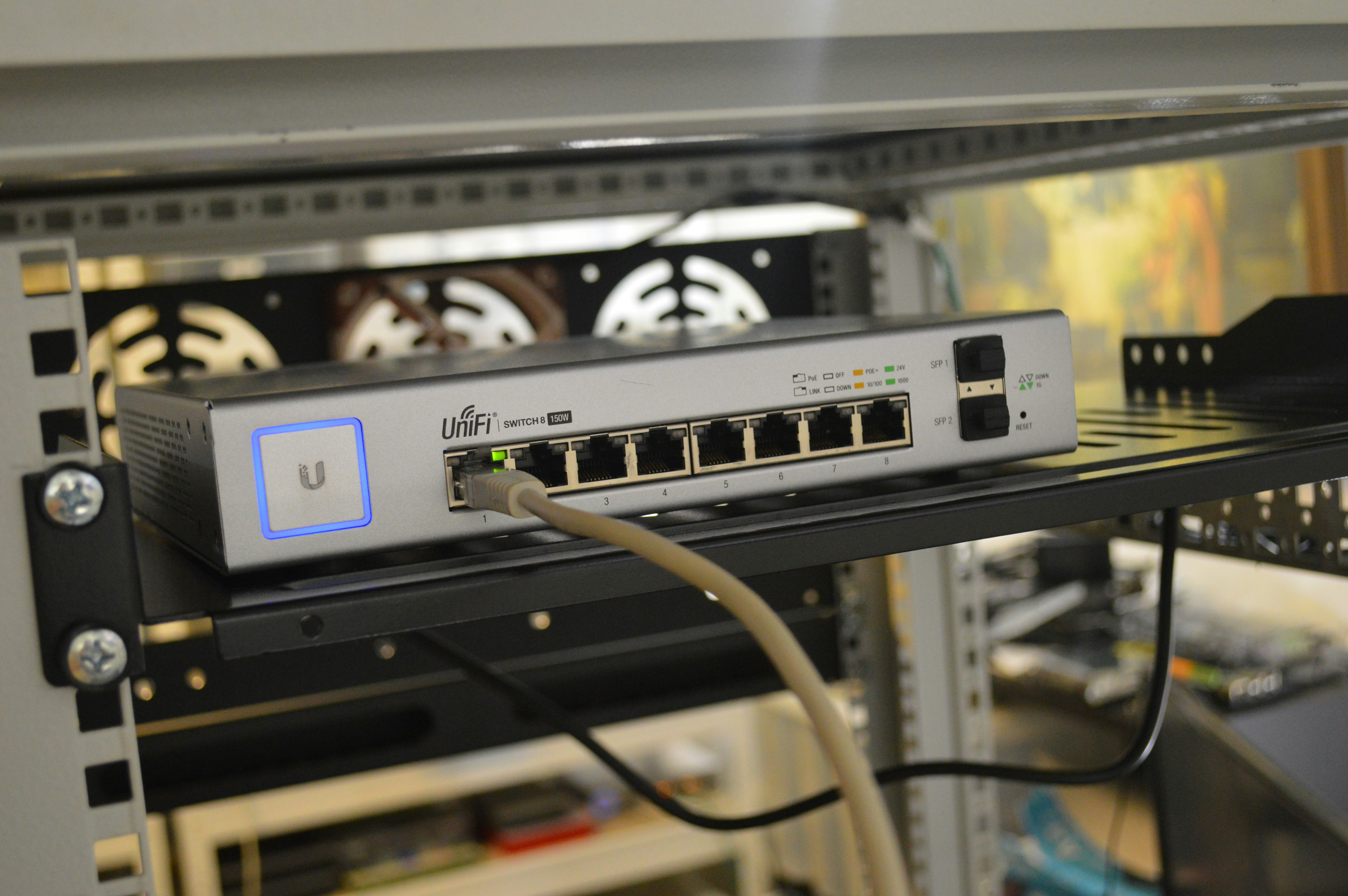Smart Offices: Here Now, Or A Thing Of The Future?
By Simon Turner
25th June 2024

Reliable, high-speed internet is a critical utility for any commercial building today. From small offices to large multi-tenant complexes, ensuring the right amount of bandwidth is essential for maintaining smooth operations, high productivity, and tenant satisfaction. But how do you determine the correct bandwidth for a commercial property? In this blog, we'll walk you through the key factors to consider when evaluating your building's bandwidth needs and discuss how to future-proof your connectivity.
Understanding Bandwidth and Its Importance
Bandwidth refers to the maximum data transfer rate of a network or internet connection, determining how much data can be sent or received at any given time. Think of it as the width of a highway: the wider the road (bandwidth), the more cars (data) can travel at once, reducing congestion and delays.
For commercial buildings, adequate bandwidth is essential to support a wide range of activities, from video conferencing and cloud-based applications to the growing number of Internet of Things (loT) devices. As businesses increasingly depend on digital tools and cloud services, having sufficient bandwidth becomes crucial to avoid slowdowns, downtime, and disruptions.
Key Factors Affecting Bandwidth Requirements
1. Building Size and Layout
The size of the building and its layout significantly impact bandwidth needs. Larger buildings with multiple floors or expansive areas may require more bandwidth to ensure consistent connectivity across all locations. The number of access points, wiring infrastructure, and the presence of obstacles (like walls or metal structures also influence bandwidth requirements.
2. Number of Tenants and Their Activities
The total number of tenants and their internet usage patterns is a critical factor. A small building with a handful of tenants will have different bandwidth needs than a large commercial complex with dozens of tenants. Additionally, the type of tenant businesses plays a role: tech companies, digital agencies, or financial institutions may require more bandwidth due to their reliance on data-intensive applications, video conferencing, and large data transfers.
3. Type of Business Operations
• Retail Spaces: This may require moderate bandwidth for point-of-sale systems, security cameras, and guest Wi-Fi.
• Offices: Typically need higher bandwidth to support video conferencing, cloud storage, and various software applications.
• Co-Working Spaces: Demand even greater bandwidth to cater to multiple businesses, each with unique connectivity requirements.
4. Future Growth and Scalability
When assessing bandwidth needs, it's essential to consider future growth. As businesses expand, hire more employees, or adopt new technologies, their bandwidth requirements will increase. Opting for a scalable solution that can grow with your tenants will save you from costly upgrades down the line.
Optinet: Your Partner for Optimised Connectivity
Choosing the right bandwidth for your commercial building is essential for ensuring smooth operations, tenant satisfaction, and future scalability. By understanding your building's specific needs, planning for growth, and partnering with a trusted connectivity expert like Optinet, you can provide your tenants with the high-speed, reliable internet they need to thrive.
At Optinet, we understand that no two buildings are the same. That's why we offer tailored, high-performance connectivity solutions designed to meet the specific needs of commercial properties. Our approach goes beyond just providing internet connectivity; we build robust, future-proof infrastructures that can easily scale with your growth.
With our single-fiber infrastructure and scalable solutions, you can reduce the need for multiple networks, lower energy consumption, and minimize material waste. By choosing Optinet, you're not only enhancing your building's connectivity but also contributing to a more sustainable future.